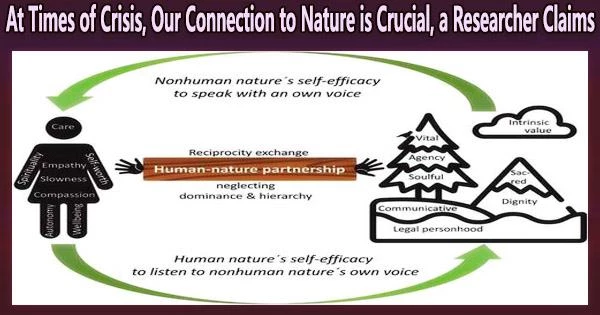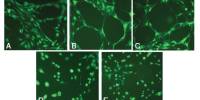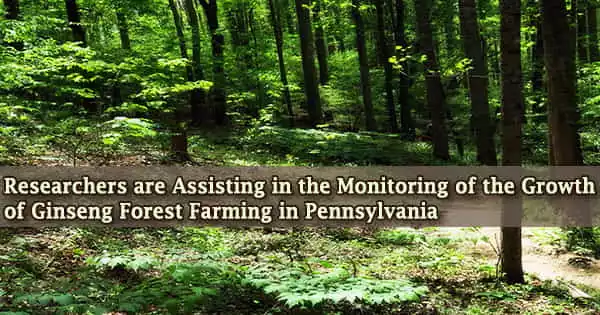Our daily lives are being negatively impacted by the socio-ecological crises. But, the urgently required societal shift toward sustainability has yet to materialize.
How can this be changed? And what role does our relationship with nature play in this context?
In a paper published in the open access journal Ecosystems and People, Martina Artmann, director of the Leibniz-Junior Research Group Urban human-nature resonance for sustainability transformation at the Leibniz Institute of Ecological Urban and Regional Development, investigates these issues. It offers motivation for additional study of resonance theory within the framework of sustainability sciences.
It is widely accepted that human alienation from nature is one of the causes of today’s socio-ecological problems, including climate change and species loss. But how can a positive antipole of this relationship crisis in our western living world look like?
Hartmut Rosa, Professor of General and Theoretical Sociology at the Friedrich Schiller University in Jena, assumes in his resonance theory that in a time of increasing acceleration, the relationship of humans to their environment is becoming increasingly muted. He proposes the concept of resonance as a positive antipole to this alienation.
In the context of sustainability, human-nature resonance means that we are touched by the negative effects of the socio-ecological crises and respond accordingly, transforming our exploitative relationship with nature.
Martina Artmann
In her article, Martina Artmann has now translated Rosa’s theory of resonance for the sustainability sciences and worked out what contribution the concept of human-nature resonance can make to a change towards sustainability. It was important for the researcher to make an integrative contribution to different forms of knowledge.
“In my article, I explore how the idea of human-nature resonance can help us to better understand why there is a lack of effective measures to realize sustainable change. This is about system knowledge. I also explore the questions of what vision is needed for this change, what target knowledge is required, and how we can implement this vision, what action knowledge is needed,” Artmann explains her approach.
“In the context of sustainability, human-nature resonance means that we are touched by the negative effects of the socio-ecological crises and respond accordingly, transforming our exploitative relationship with nature,” the researcher explains further. In terms of the resonance theory, she assumes that the relationship between humans and nature has become muted.
Humans see themselves as superior to nature. People view nature as an inert entity and a free resource. Yet, this perspective obscures the fact that natural resources are limited, and nature is misused and destroyed carelessly. The relationship between human nature and non-human nature is thus “silenced” because this damage does not harm us, but is considered a natural state.
According to Martina Artmann, the resonance theory offers a possible way out of this situation and thus a chance for a change towards sustainability. This hypothesis holds that there must be resonance between non-human nature and people.
The impacts that unsustainable economic and lifestyle habits have on nature must be allowed to affect humans once more. Humans and nature must come face-to-face and be able to communicate verbally with one another for this relationship to be meaningful.
In order to give nature a voice again and to promote human-nature resonance, Martina Artmann proposes the positive vision of human-nature partnerships. This perspective places a strong emphasis on moral principles like kindness and compassion and acknowledges nature as a living, breathing, and valuable entity.
“If we internalize these values and recognize nature as a partner, then we no longer perceive sustainable lifestyles and economies such as less air travel or meat consumption as abstinence, but as part of a good life,” Martina Artmann explains. “Because if my partner is doing well, then I am also doing well,” the scientist emphasizes.
The Junior Research Group is presently examining how we might be affected by nature as a soulful and living being in cities and how human-nature partnerships can be established in urban planning and in daily life in the area of nutrition.
The paper by Martina Artmann provides a starting point for a more thorough investigation of human-nature resonance in urban settings.
















